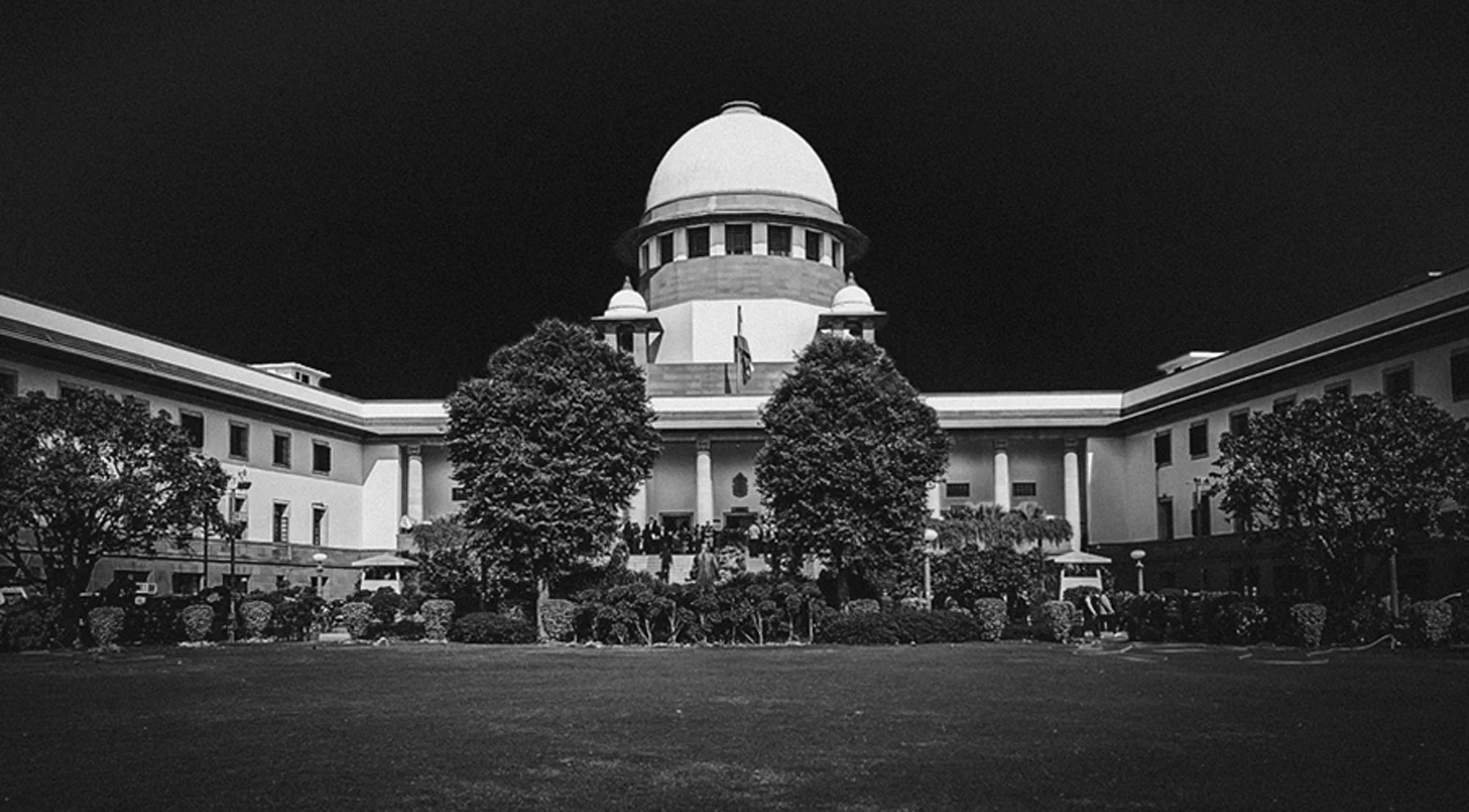A.P. Kochudevassy v. State of Kerala 1982 KLT 100 is worthy for reconsidering an interesting aspect, "whether the 'State' belongs to a privileged class".
The plaintiff herein, a ration whole sale dealer of Kottappuram in Trichur District files a suit against the State on the basis of a concluded contract, which would show that the plaintiff was entitled for the transportation charges of the commodities from the Central Depots of the Government to his own Depots. Since distance was the deciding factor, three Zones were categorized. I Zone - for distance upto 10 miles, II Zone - upto 25 miles and the III Zone - for exceeding 25 miles. Transportation charges were fixed by the Government, depending upon the Zones. About six and half years from 1965 the dealer carried the goods from the Central Depot to his Depot, and he was paid the transport charges at the rate applicable to the II Zone. Subsequently he realised that the distance between his Depot and the Central Depot exceeded 25 miles and he ought, therefore, to have been placed in the III Zone instead of in the II Zone. It resulted in the demand for payment of the charges fixed for the III Zone with prospective effect. Though the Government conceded that there had been a mistake in allocating the dealer's Depot in Zone II, and agreed to pay the charges for Zone III in future, refused to pay the revised rate with retrospective effect. Thereupon the suit against the Government for recovering a sum of about Rs.79,000/- being the arrears of charges under the higher rate for Zone III. The trial court dismissed the suit on the grounds of knowledge, estoppel and waiver of the dealer's rights and hence the appeal. The contention of the appellant dealer, inter alia was that the agreement become void on the ground of mistake and the Government should pay at the higher rate on the basis of an implied contract. Government denied its liability on several grounds. The main question was whether the alleged mistake of the parties was sufficient or not to displace the contract. It was held that though there was a mistake, it did not render the contract void and in effect, the dealer could not claim the arrears, at the higher rate. The Court projects the main reasons for the decision as the following: 1. "Both parties" were under a common mistake as to the distance of the dealer's depot from that of the Government's. 2. As the mistake was only as regards the distance, and not the subject matter of the contract - not a case of mistake arising from res extincta, (a non existence of the thing) or res sua (a thing already owned) it did not vitiate the contract. 3. No doubt in cases of common mistakes arising from causes other than res extincta or res sua, a court of equity may interfere to alleviate the ill effect of such mistake but there is no such equitable grounds justifying the interference in this case. 4. On the contrary, if there was any room for exercise of any equity, it was according to the Court, only against the plaintiff (Whole sale dealer) and in favour of the Government, Plaintiff has misled the Government in treating the place of his business to be in II Zone rather than in third and so he could not claim the charges from the Government at the higher rates allowable for the III Zone. It was held that the plaintiff could not claim the arrears due for the II Zone, and thus the appeal failed. It is rather strange that no reference to S.20 of the Contract Act is found in the judgment, though the head notes refers to S.20 among others. This was a case in which there was a contractual frame work (howsoever super-imposed by the government order) and to all intents and purposes, it was a contract under which the Government promised to pay the transport charges to the dealer who under took in return to carry the goods. The dispute was with respect to freight due and the fright had not been paid because of a mistake as to the distance. In a contract to carry, the distance for which the goods are to be carried is undeniably the basic, fundamental, essential or a material fact. The Court relied on several English rulings and held that "as it did not touch the subject matter, the mistake was inoperative in the sense that the contract bound the parties in full. Had the court only referred to S.20 Contract Act, we may wonder why it was omitted to see the effect of the plain words of the Section, viz., "under a mistake as to a fact essential to the agreement". The Court merely followed some English Law. The justice of a case would demand that the State, should be directed to observe the highest kind of probity and fair dealing with its own subjects, the individuals. If the Government could pay the higher rates, for future operations, it ought to have been compelled to follow the same procedure for the transport operations in the past and pay the higher rates which was omitted to be paid admittedly because of mistake. According to the learned Judge, another reason to support his judgment was "lack of care on the part of the plaintiff to verify the distance and make the correct demand". In other words, there was negligence on the plaintiffs part which negatived the aid of law or equity. Will it go together with an earlier holding that "both parties were under a common mistake". Here the case is different. It is not a case of one party who, although negligent has derived some benefits and who is compelled by an order of the Court to shed the unjust benefit in favour of the other party, but the case of a party who has lost something rightfully due to him, who had been negligent in making his full claim against the other owing to an honest mistake of fact. So to penalize the negligence, due to mistake, we may say the least of it, "piling unreason upon technicality". Government being the sanctioning and paying authority, for the charges claimed, should not have been allowed to harvest on the negligence of the plaintiff, or to take excuse under that pretext where as its own contributory negligence has resulted in the loss to the plaintiff. The plaintiff's mistakes might have been, in all probability, noticed and corrected by the Government if it was vigilant. The claim of the plaintiff, on the ground of mistake therefore, ought not to have been disallowed on the ground that the mistake was not sufficiently operative in law or on the ground of equity that the plaintiff had been negligent which has resulted in the mistake. Cheshire and Fifoot, Law of Contracts 9th Edition p.215, would say that when a mistake operates in the minds of both parties to a contract, it may be either common or mutual. It is common when both the parties labour under an identical misapprehension and it is called mutual when each party understands the scope of the contract in his own way contrary to reality. S.20 of the Act covers both situations which runs as follows: "When both parties to an agreement are under a mistake as to a matter of fact essential to the agreement, the agreement is void". S.65 of the Act declares that "When an agreement is discovered to be void or when a contract t becomes void, any person who has received any advantage under such agreement or contract is bound to restore it or to make compensation for it, to the person from whom he received it." If the Government was cautious, the mistake would have been come out at the very inception. If the State while scrutinizing the agreement had seen the mistake, it would have corrected it since it is truly a "bargain". If the State kept mum and allowed the parties to go by the same, it is a case of willful concealment of a material fact for the benefit of the State and in other words a clear case of defrauding the other party for unlawful enrichment by not paying the due charges payable. If it is done by the State, the matter shall be dealt with seriousness. Here the State is rescued from its fall outs. Why such a special consideration for the State? Whether a common mistake of the parties can be treated as of no consequences merely for the reason that it does not relate to the existence of the subject matter of the contract. Whether the law should salute the law maker, the State and why A.P. Kochudevassy v. State of Kerala gives restriction to the scope of bilateral mistakes as a vitiating element in contracts?. [ Ajith N., Advocate, Irinjalakuda]

























